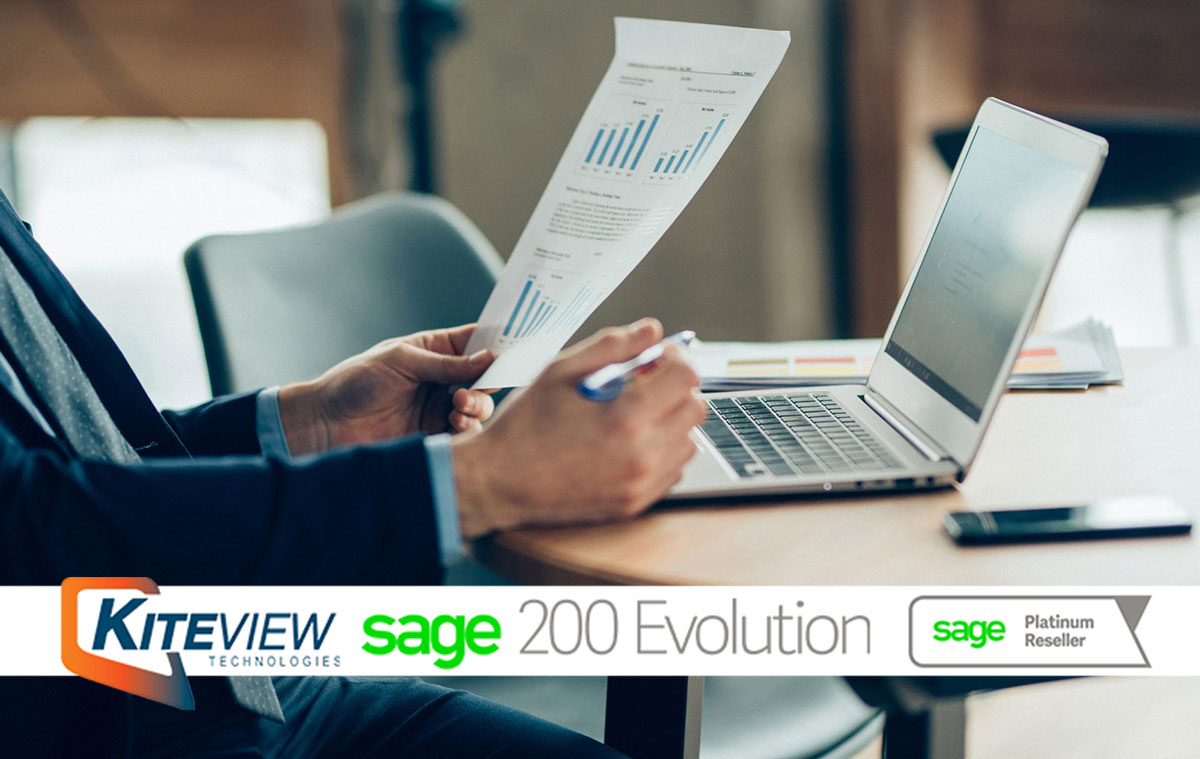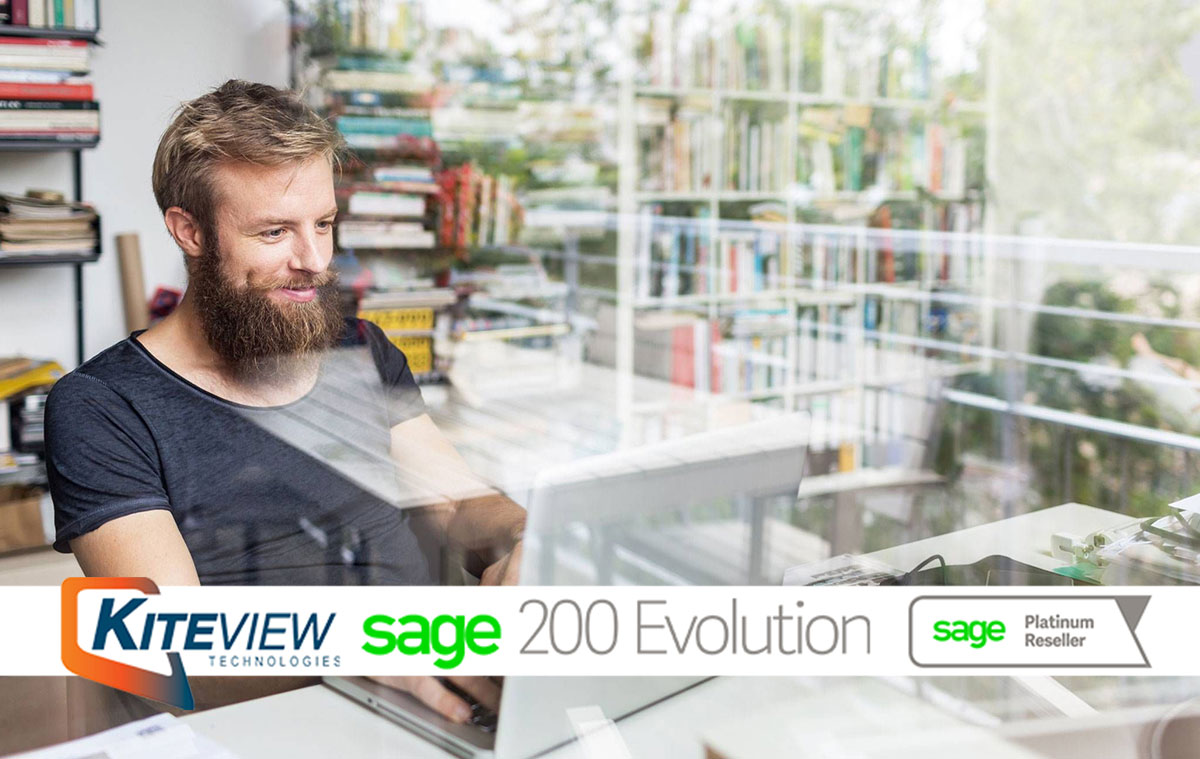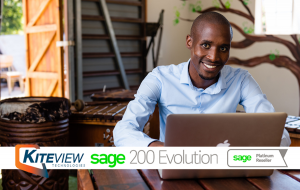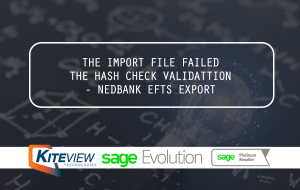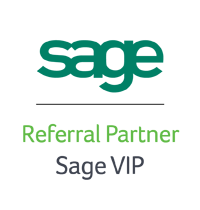Article credit: Sage
What do you think an accountancy practice will look like in 2030? That might sound like a long time away but it will be here before you know it.
To create a reference point, you might look back at how you worked 10 years ago. By comparing things then to the way they are now, you might feel you can determine the rate of change moving forward.
Back in 2009, Barack Obama was the US president. The big news event was the ditching of Flight 1549 in New York’s Hudson River, while James Cameron’s Avatar was delighting movie goers.
See, 2009 doesn’t feel like very long ago. So, you might think that the rate of change moving forward is likely to be gentle.
In the Practice of Now report, where Sage surveyed more than 3,000 accountants worldwide, we found that 90% believe a cultural or evolutionary change is occurring within their profession right now. This can’t help but have a profound effect in the coming decade.
Put simply, things are changing.
The cause is a perfect storm of external influences converging on the profession of accountancy at the same time – everything from increasing client demands and legislative burdens to generational changes.
The business landscape is changing too, in response to the same factors. Millennials and Gen-Z for example, are coming increasingly to the fore as business owners. They bring with them a unique set of values.
Is your practice ready for this?
Based on the research in the report, we were able to make five predictions about how a practice is likely to look in 2030. Here they are – and how your practice can change for the better.
1. Say goodbye to manual data entry
Data will flow automatically from clients and their bank accounts into the systems of their accountants. Manually keying data will become rare. Of course, for some more progressive accountancy practices, this is already turning into a reality.
There are perhaps two factors driving it.
The first is the aforementioned millennial and Gen-Z business owners and operators, who are digitally native. Technology is their lifelong companion – and using it is second nature.
Their process of forming a business starts with technology and they’re as likely to create a Facebook page as they are to incorporate their business with the relevant authorities. As a result, they also implicitly understand that accounting is best done digitally.
Another factor driving this prediction is down to the increasing demands that legislation places on businesses, such as the digitisation of tax and payroll.
It can seem as if governments worldwide woke up one day and realised that technology was a useful way to enforce compliance and avoid tax shortfalls.
So, in several countries around the world, businesses have no choice but to use accounting software for certain aspects of their accounting. They generate the necessary data whether they like it or not.
What you can do to prepare
You need to ensure your half of the equation – the software you use in your practice – is ready to hook into the panoply of data sources that businesses will increasingly offer.
2. Build real-time relationships
The relationship between an accountant and their client will be near-instant. The accountant will have a real-time view of their client’s business and will be able to interact with that client in real-time.
The accountant will be a trusted adviser or even a constantly present companion.
Considered in hindsight, accountancy has until this point been prone to incredibly annoying delays. If a business operator wanted to see a list of aged debtors over 120 days, for example, then they might ask their accountant to create a report.
That might take a few hours to complete in a busy practice, or perhaps even a day or two.
As such, businesses lack the ability to respond to events in an agile way, while accountants lack the opportunity to be truly responsive and helpful.
With the liberated, instant flow of data between client and accountant systems due to the initial prediction above, the relationship between a business and its accountant can’t help but fundamentally change.
From an accountant’s perspective, this visibility can drive a whole host of new service offerings that will start to erode the perception that the role of an accountant is simply for tasks such as compliance or auditing.
A whole new world will be out there waiting for accountants – provided they’re ready to take advantage.
What you can do to prepare
Ensure your practice has the correct range of skills and experience to be able to build these kinds of relationships. You might look at training your existing staff, or look for these skills when recruiting.
Indeed, a finding within the Practice of Now was that 82% of accountants say they are considering recruiting from a non-traditional background. Furthermore, 43% of respondents say new accountants joining the profession should have industry experience outside of accounting.
Don’t leave preparations until too late. Start considering the necessary changes to your practice now.
Kiteview Technologies (Pty) Ltd was founded in May 2010 to provide the Sage Evolution Business Management solution to the SME market. The management team of Kiteview have combined +30 years of experience in the delivery of small to mid-market Financial & Business Management solutions. This experience, combined with a sound project implementation methodology has helped in Kiteview’s growth, becoming a Platinum status partner for SAGE Pastel within just 1 year.
Contact Us
For An Obligation Free Quote

